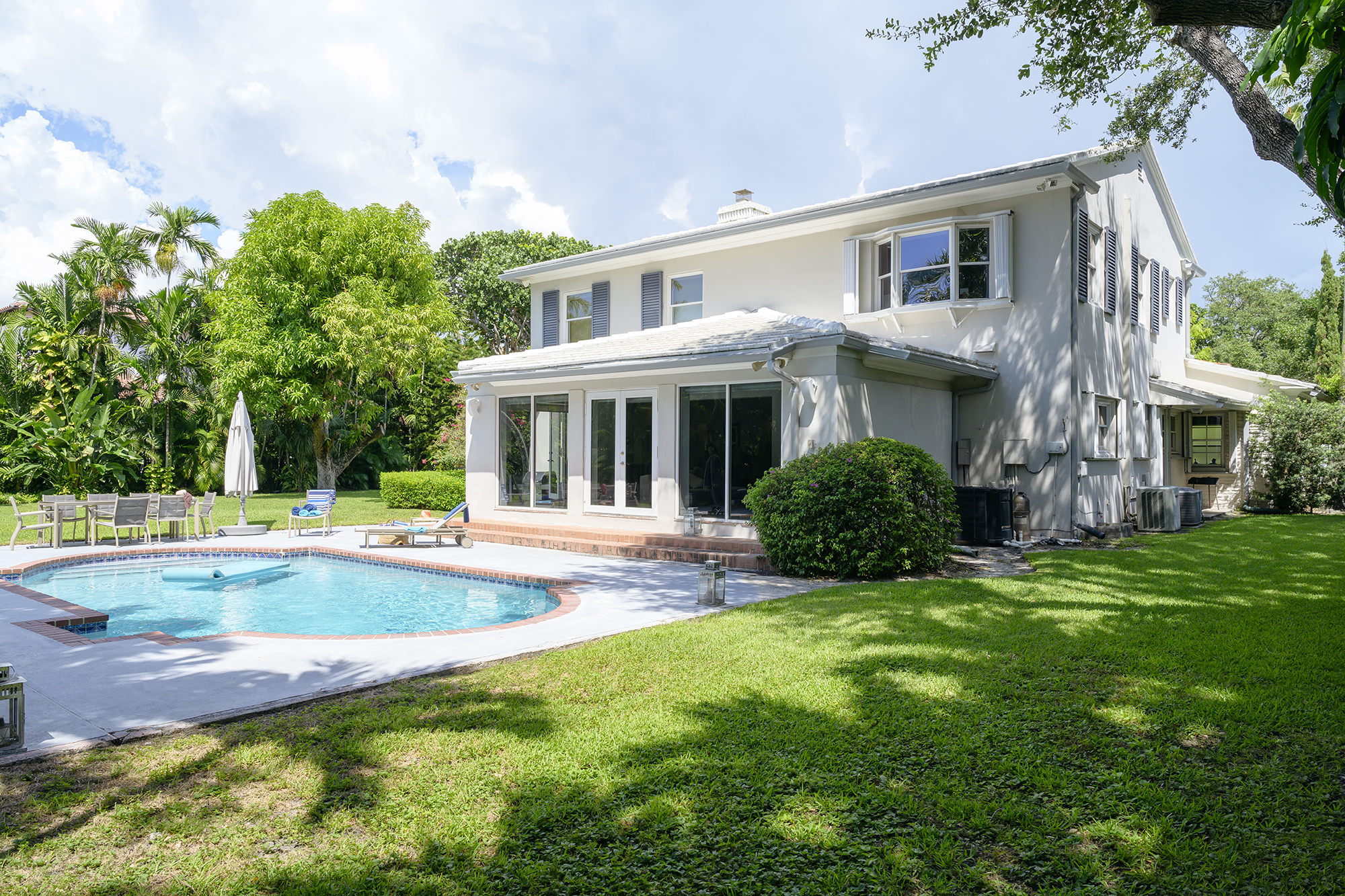
The latest statistics from the Pool and Hot Tub Alliance show 8% of Americans have a backyard pool, which totals around 10.4 million private waterholes across the country.
Pool installations can be expensive but they can add value to a home and be worth their weight in gold for decades to come.
The average cost of an inground pool, which around 60% of Americans prefer, is $35,000.
The biggest factors affecting this price will be the size, design, and base material. Local weather conditions should also be considered.
Most inground pools are made from concrete, vinyl or fiberglass.
With a mid-range installation cost of around $28,000 to $60,000 according to Forbes, fiberglass is strongly recommended for locations with very cold winters as it’s more flexible.
Fiberglass pools also come with a non-porous gel coating, protecting it from algae while also ensuring fewer long-term maintenance costs.
They typically last around 25 years or more.
For homeowners with larger budgets, concrete pools are the way to go, with installation costing around $50,000 to $100,000, based on Forbes data.
They can also take three months or more to install while the porous nature means such pools will require constant, and costlier, long-term maintenance.
But these pools are also extremely long lasting with many still in use after 50 years.
At the other end of the price scale are vinyl pools. Forbes notes these will cost around $28,000 to $40,000 to be installed.
The non-porous surface of this option will also ensure fewer chemical treatments are needed. However, the lining also needs to be replaced every 10 years or so and can also be easily damaged by pool toys and sharp objects.
Above-ground pools do offer a far cheaper option than their inground cousins.
Materials for above-ground pools include walls made from steel, resin or aluminium with aluminium being the best option for locations with very cold weather. However, oxidation can damage the surface and lining of these pools.
Steel is the most budget-priced option for above-ground pools and unsurprisingly, by far the strongest material, plus the new type of steel used in these pools is resistant to rust.
While not the best for locations with extreme weather conditions (either hot or cold) resin-walled pools are the ideal compromise between steel and aluminium.
They are more expensive than metal-walled pools but are non-porous.
